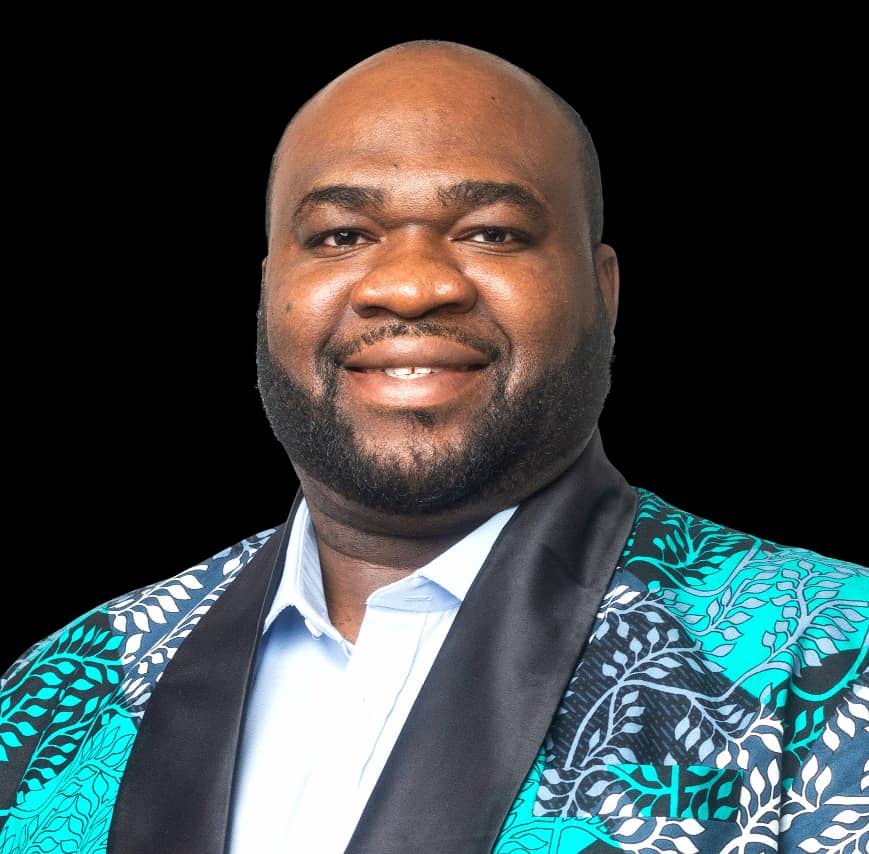Popular Nigerian public affairs analyst, Dr. Wisdom Enang says Nigerian Tax Reform Bills pose grave threat to the principles of true federalism in the country.
Enang said though the Federal Government will promote economic growth, the bills would undermine the fiscal autonomy of the Nigerian states.
Since the advent of the 1999 democratic governance in the country, successive administrations including President Bola Tinubu’s All Progressive Congress (APC) have been promising to practise true federalism.
Also read: Senate suspends debate on Tinubu’s tax reform bills
Though the bills continue to generate controversy and have undergone second reading in the Senate, deliberations on the bills have been suspended and the bills referred to Senate Ad-hoc Committee and some members of Executive arm to address some gray areas.
The adjunct Professor of the North Dakota University, USA informed that recently, the National Economic Council (NEC) chaired by State governors, urged President Bola Tinubu to reconsider the bills, identifying them as covert effort to achieve centralized fiscal control.
Enang who spoke recently highlighted that one of the bills “game changing” provision is its proposed approach to revenue distribution, as it would fundamentally change how federally collected taxes are allocated to states.
The energy expert, who described the idea of “centralized fiscal control” as a worrisome precedence in national revenue allocation, emphasised that the nbills threaten to consolidate fiscal power within the federal government, invariably reducing States’ capacity for financial independence.
“If passed, the Tax Reform Bills risk steering Nigeria towards a centralized control model that undermines the federating structure meant to empower each region.”
Dr. Enang explained that true federalism relies on the distribution of power and resources between National and State governments to foster local growth and development, noting that the proposed bills disrupt that balance.
The public affairs commentator averred that instead of empowering states, the proposed bills contradict Nigeria’s constitutional commitment to federalism and local autonomy by subordinating the states and stripping them of control over essential resources required for self-governance.
On the VAT allocation controversy, the oil and gas consultant explained that currently, VAT is collected centrally and distributed according to a federal formula which ensures that each state receives a fair share, regardless of economic size.
He, however, noted that whilst the proposed derivation-based VAT model is designed to engender commercial competitiveness among states, there is a latent risk that allowing each state retain 100 per cent of its VAT would be disadvantageous to less economically active states with lower industrial capacity.
According to Enang, the bills intend to reintroduce a five percent excise duty on services such as telecommunications, gaming and gambling.
The economic egg-head noted that the proposed excise duty imposes additional financial load on both business and customers, with an attendant risk of stalling Nigeria’s emerging digital economy, especially in an already inflation-tensed environment.
On the proposed excise duties on foreign exchange transactions above official Central Bank of Nigeria (CBN) rates, the Chairman Board of Trustees of the charity-oriented and succor-giving “Sarah Enang Humanitarian Foundation” highlighted that the proposed duty may potentially limit economic flexibility in an already strained atmosphere, especially for businesses that rely on competitive exchange rates, in line with the tenets of a floated currency regime, which is primarily grounded on a “willing buyer, willing seller basis.”
“By penalizing firms requires alternate rates for operational efficiency, the Bill risks discouraging foreign investment and dampening the economic activity of local businesses.”
The Akwa Ibom-born submitted that the tax reform bills in their current form may erode State financial autonomy and hinder local governance, as they tilt the scale towards centralized “fiscal power.”
The British-trained Chartered Engineer, therefore, urged a fundamental reconsideration to ensure that any reform respects federal values, and safeguards each state’s autonomy as enshrined in the 1999 Nigerian Constitution (as amended).

